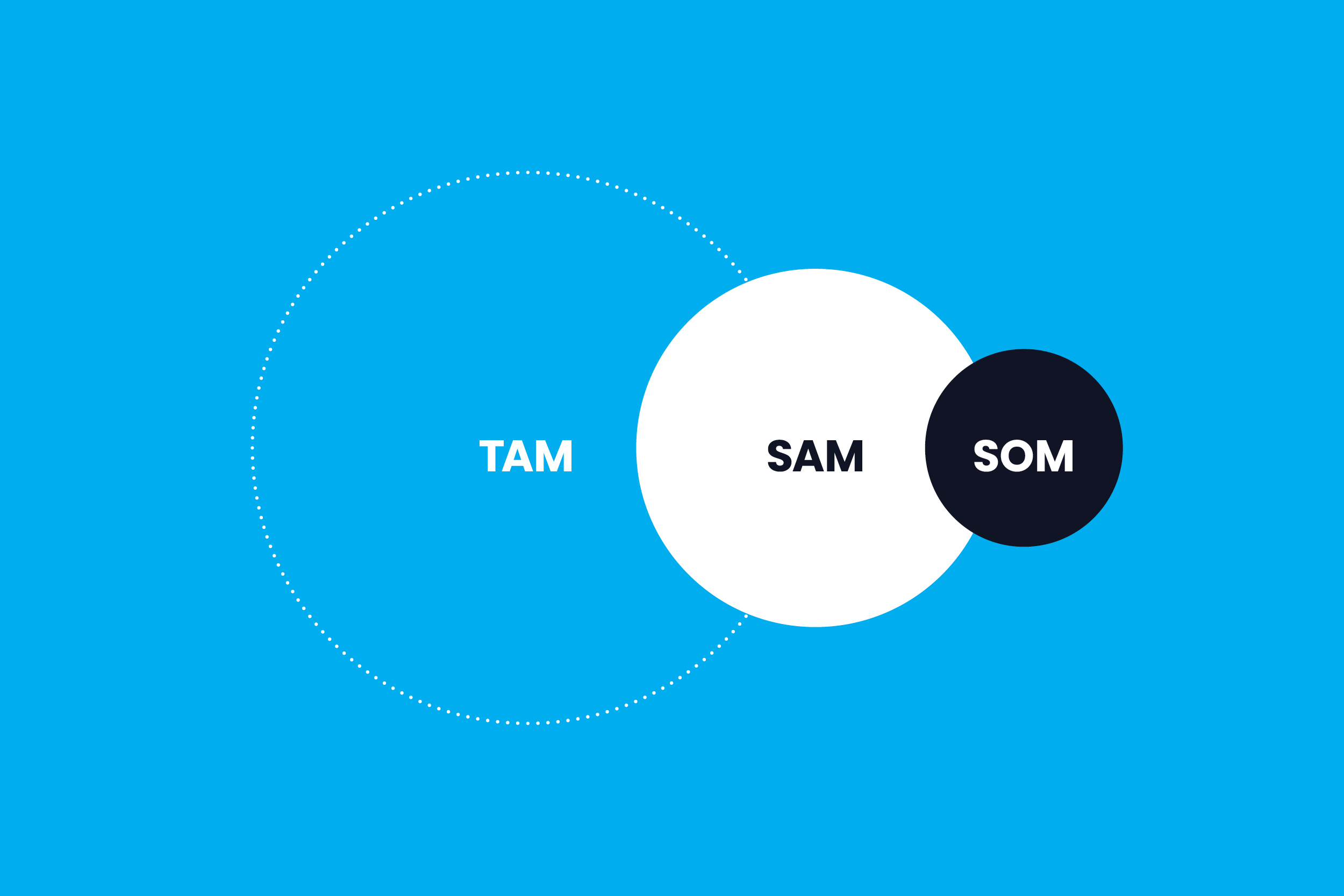Business never sleeps, and neither does marketing. We live and work in unsettled times. Rising inflation and fears of a full-blown recession are causing sleepless nights for many business leaders. Instinctively, we batten down the hatches and prepare to weather the storm. Things have changed though. Businesses that essentially switch off their marketing will see the market share they’ve worked so hard to gain, shrink.
Where will your business be when the green shoots appear, front of mind or long forgotten? Business in a recession doesn’t just stop. We don’t just go home to wait it out. Businesses are finding niches, strengthening relationships, and exploring new markets. While your potential customers are busy looking for opportunities, where will you be?

Recession opportunities
In every recession, there are winners and losers. Savvy business leaders with confidence in their value proposition are well-placed to identify recession opportunities. Whether it is a shift in consumer behaviour or demand for new services, you’ve got to be in it to win it, right? Of course. However, if you don’t shout about how great your products and services are, no one will know you’re out there, especially those new customers you’re eager to build a profitable relationship with.
What tools have you got at your disposal to communicate with both potential and existing clients? While there will always be a need for printed marketing materials, digital marketing tools are a good way to keep costs down, when you can wield them effectively. For instance, there is a tendency for advertising costs to lower during a recession. Competitors for the same ‘share of voice’ lose their nerve and reduced demand usually reduces advertising prices. Have confidence in your value proposition and keep your brand front of mind.
Marketing in a recession
There are a lot of digital marketing tools available but picking which ones will deliver on your objectives and be able to target potential and keep in touch with existing customers? Marketing a business in a recession or periods of prosperity relies on consistency. That’s across all marketing platforms such as your website, email marketing, social media, digital advertising, and even the humble Outlook signature.
Branding is the best place to start when planning your marketing in a recession. First, the logo. Whether the design implies a direct and metaphorical meaning, does it represent your brand now, and where you want to be when the good times return? Once you’ve got your logo sorted, make sure it is present and consistent across all marketing platforms. It doesn’t hurt to put together a simple document explaining how the brand logo should be used, and make sure all staff have access to it.
Website design is next. You’ve already made sure the logo is up to date across the whole site. Websites are a powerful tool for generating leads. Make sure yours delivers what you want it to. Here are a few web performance essentials you can easily check:
1. Website health
It’s a pretty long list and will try to pull you into the world of website development. We recommend bagging yourself a free website health check. They are easy to find online and will give you an idea of overall performance. In a nutshell, you are gauging the ability of your site to convert customers into sales or leads and compete in search engines like Google.
For people who do not work in web development or marketing, the website health check report you are presented with will likely be as clear as mud. In this case, we recommend you get a free web check from a web design agency. Lots of agencies offer this service for free. For example, if your website is slow to load, they’ll let you know how to speed it up. Make sure you ask lots of questions and really get a thorough understanding of how much a website service and MOT will cost and why you need it.
2. Website user experience
Put your customer hat on, make a list of things different customers would likely want from your website, and go on your customers’ journey. Note what doesn’t work, what’s annoying, what looks rubbish, and what’s missing e.g. product information or routes to access support or purchase.
Now you have a good idea of what information and assets you need to collate you can set about developing your website user experience. This will go a long way to improving performance and generating leads.

3. Website security
You may think, who would want to hack my website, but you’ll be surprised. Security breaches can cause all kinds of headaches, from annoyed or confused customers to a problem with the Information Commissioner’s Office. Your free web check will help you out here.
Keeping front of mind is what it’s all about. Not being annoying, just there, ready for when they are ready to purchase. Digital marketing communications are only really annoying when they’re untargeted – the scattergun approach. The benefit of GDPR is that your email marketing list only contains subscribers who want to hear from you. Don’t let them down. Think about your personal email account. Who do you subscribe to? Think about your relationship with the brands you haven’t unsubscribed from.
When it comes to business marketing social media marketing can be contentious for some. Done well, with a good understanding of your brand, your customers, and your products, social media is a highly effective marketing tool. It’s free and only needs time and careful planning.
Google Ads or PPC is a brilliant tool for generating sales or leads, especially if you want them quickly. Provided the place your ads are sending people to is designed to convert (usually a page on your website), Google Ads is notorious for delivering upwards of 500% increases in lead form submissions. If you are tempted to outsource any of your marketing to an agency, Google Ads is the one we would recommend. If you don’t know what you’re doing, you will basically p*ss your budget up the wall. To help you with this, here are a couple of guides: Work with a Google Partner and How to use keywords in Google Ads.
Our final piece of advice, get all the advice you can. You don’t know what you don’t know. Get a free website check and have a chat with someone in the know. Businesses that thrive in a recession are out there, grabbing the lion’s share of the voice. When your competitors switch off their marketing, make sure you’re ready to seize those recession opportunities.



